Fortinet Acquires Next DLP Strengthens its Top-Tier Unified SASE Solution
Read the release

Cybersecurity is an ever-evolving field, and staying informed is crucial for professionals in the industry. Some of the most prominent analyst firms in the domain include 451 Group, Enterprise Strategy Group, Forrester, Gartner, Gigaom, IDC, Radicati Group and TAG Cyber, each offering unique perspectives and methodologies in their cybersecurity research. Understanding the differences between these firms can be invaluable for cybersecurity professionals seeking to utilize their insights effectively.
 |
Emphasis on Emerging Technologies: 451 Group, part of S&P Global, stands out for its focus on emerging technologies and innovation in the IT sector, including cybersecurity. They often cover cutting-edge developments, offering insights into the latest trends and advancements.
Detailed Vendor and Technology Analysis: Their research includes in-depth analysis of vendors and technologies, providing detailed assessments that are valuable for organizations evaluating new cybersecurity solutions.
Comprehensive Market and Industry Reports: 451 Group produces a variety of reports, including market and industry analysis, which offer a deep dive into specific areas of cybersecurity. 451 analysts focused on cybersecurity and data security, such as by Justin Lam, also produce reviews of some of the industry’s marquee conferences, such as this AI focused review of RSA Conference 2023.
Targeted Towards IT Decision-Makers and Innovators: Their content is particularly suited for IT decision-makers and innovators looking for detailed information on technology trends and vendor capabilities.
 |
Focus on the Business Context: Forrester's research often emphasizes the business context of cybersecurity. They delve into how security strategies align with business objectives, making their insights particularly relevant for aligning IT security with overall business strategies.
The Forrester Wave™ Reports: Similar to Gartner's Magic Quadrant, Forrester's Wave reports are a significant part of their offerings. These reports assess vendors based on a detailed set of criteria, focusing more on the practical and operational aspects of cybersecurity solutions. Complementary to Wave reports are Forrester’s more frequently published best practices reports, which include Manage Insider Risk With Zero Trust.
Customer Experience and Interaction: Forrester places a strong emphasis on the end-user experience and interaction. Their research often includes how cybersecurity measures impact customer experience, making their insights valuable for organizations prioritizing customer-centric strategies.
Strategic and Tactical Insights: Forrester's research provides a balance between strategic and tactical advice. This makes their work beneficial for both strategic planning and practical, operational decision-making in cybersecurity.
 |
Emphasis on Emerging Technologies: Gigaom is known for its focus on emerging technologies, including those related to cybersecurity. Their research often covers the latest innovations and future trends, offering valuable insights for organizations aiming to stay at the forefront of technology.
Practical and Actionable Advice: Gigaom's research is characterized by its practical and actionable nature. They provide guidance that can be directly applied to technology strategies and decision-making, making their insights particularly useful for operational planning. Unlike other research firms, GigaOm analysts are practitioners who rely on security tools like DLP in their primary roles, giving them a unique perspective when evaluating vendors. Read the 2023 GigaOm Radar Report for DLP to learn how Gigaom’s analysts evaluate DLP vendors and when to select a feature vs platform play vendor.
In-Depth Analysis and Opinion: Gigaom combines in-depth analysis with expert opinion, providing a comprehensive view of the topics they cover. This approach offers a blend of factual data and professional insights, useful for understanding the implications of cybersecurity trends.
Focus on Technology Executives and Practitioners: Their content is tailored towards technology executives and practitioners, making it highly relevant for those directly involved in the implementation and management of cybersecurity solutions.
 |
Broad Market Focus: Gartner is renowned for its wide-ranging research across various IT sectors, including cybersecurity. They provide a comprehensive view that encompasses a global market perspective, making their insights valuable for organizations operating internationally.
Magic Quadrant Reports: One of Gartner's most notable offerings is the Magic Quadrant reports. These reports evaluate technology providers based on their completeness of vision and ability to execute. In cybersecurity, these reports are crucial for understanding the market position and capabilities of security vendors. However, it’s important to note that for some mature categories, like Data Loss Prevention, Gartner has not updated their Enterprise Data Loss Prevention Magic Quadrant since 2018.
Emphasis on Technological Innovation: Gartner often focuses on the technological aspects of cybersecurity solutions, highlighting the latest innovations and trends. Their research is beneficial for organizations looking to stay ahead of the curve in adopting new technologies.
C-Level and IT Leadership Focus: Gartner's reports and analyses are typically geared towards C-level executives and IT leaders. Their insights are aimed at informing strategic decisions, particularly in enterprise-level organizations.
 |
Comprehensive Market Coverage: IDC (International Data Corporation) is known for its broad market coverage, offering insights into various IT sectors, including cybersecurity. They provide a global perspective, which is valuable for organizations with international operations or interests.
Extensive Market Research Reports: IDC produces a wide range of reports, including market forecasts, vendor analysis, and technology assessments. Their reports often combine quantitative data with qualitative analysis, providing a holistic view of the cybersecurity landscape. IDC also produces topical reports such as Infosecurity Europe 2023: The Resurgence Of Data Security, which summarizes the key data security highlights presented at Infosecurity Europe 2023 in London.
Focus on Technology and Market Trends: IDC's research is heavily focused on technology trends, market developments, and user adoption patterns. This makes their insights particularly useful for organizations looking to understand the broader market dynamics and future trends.
Target Audience: IT Professionals and Business Leaders: IDC's reports are designed to inform both IT professionals and business leaders, offering insights that can guide strategic and operational decision-making.
 |
Specialization in Email and Security: The Radicati Group is known for its specialization in email security, messaging, and related areas within cybersecurity. This focus allows them to provide in-depth insights into these specific domains, which can be highly beneficial for organizations prioritizing these aspects.
Detailed Market Quadrants: Radicati's Market Quadrants are a unique feature of their reports. These quadrants offer a comprehensive and quantitative analysis of vendors in various cybersecurity categories, focusing on their market share and technological capabilities. Released in 2023, the Radicati Data Loss Prevention Market Quadrant provides a competitive view of key players in the market. The report includes: the following key players: CoSoSys, Fidelis Cybersecurity, Forcepoint, Fortra, Microsoft, Next DLP, Safetica, Symantec, and Trellix.
Quantitative Research: Radicati Group’s research methodology heavily emphasizes statistical analysis and quantitative data. This approach is particularly useful for organizations looking for data-driven insights and trends in the cybersecurity market.
Industry Forecasts and Trends: They frequently publish detailed forecasts and trend analyses, which are valuable for organizations planning their long-term cybersecurity strategies and investments.
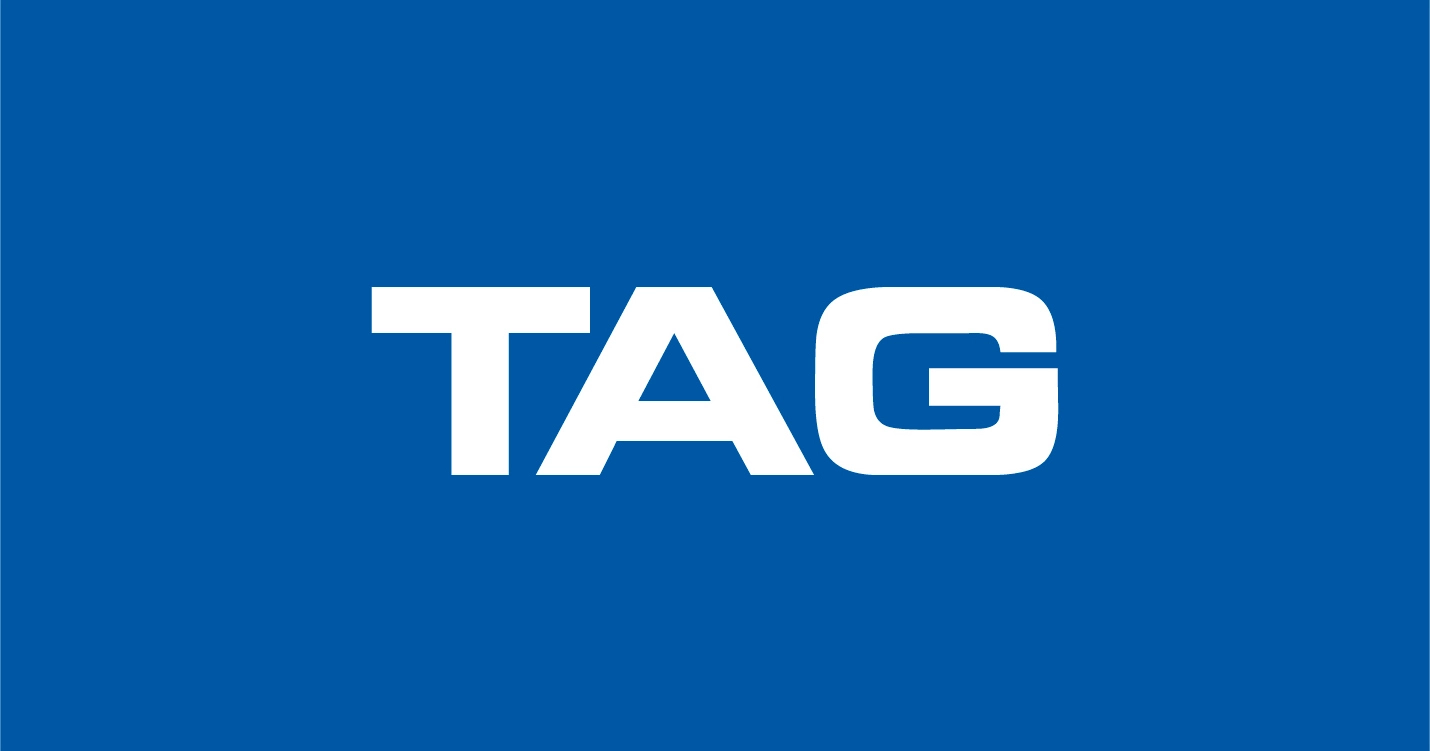 |
Expert-Driven Research: TAG Cyber is known for its expert-led approach to cybersecurity research. Founded by Dr. Edward Amoroso, a former AT&T Chief Security Officer, TAG Cyber offers insights grounded in practical, real-world experience.
Focus on Practical, Actionable Advice: Tag Cyber’s research is characterized by its practicality and actionability, providing guidance that can be directly applied to cybersecurity strategies and operations.
Accessible Content for a Broad Audience: TAG Cyber aims to make cybersecurity knowledge accessible to a broad audience, from technical professionals to business leaders. Their content is often designed to be easily understood without sacrificing depth or quality.
Emphasis on Current Cybersecurity Challenges: TAG Cyber’s research often addresses current and emerging cybersecurity challenges, making it highly relevant for professionals seeking to stay ahead of evolving threats.
Selecting between 451 Group, Gartner, IDC, Forrester and others for cybersecurity insights depends on the specific needs of an organization:
Global Technology Focus: For organizations seeking a broad, technology-centered view with a global perspective, Gartner's reports might be more beneficial.
Alignment with Business Strategy: Companies looking to align their cybersecurity strategy closely with business objectives and customer experience might find Forrester's insights more applicable.
Decision-Making Level: Gartner's insights are particularly valuable for high-level strategic decisions, while Forrester offers a balance that can inform both strategic and operational levels.
Specialized Email and Security Insights: For organizations seeking in-depth analysis and quantitative data in email security and messaging, Radicati Group’s specialized research would be more appropriate.
Cutting-Edge Technology and Practical Application: Companies looking to stay ahead in emerging technologies and seeking practical, actionable advice would find Gigaom’s research more aligned with their needs.
Nature of Decision-Making: Radicati’s data-driven approach is beneficial for organizations looking for market trends and forecasts to inform strategic decisions. In contrast, Gigaom’s practical guidance is more suited for immediate operational implementation.
Broad Market Insights and Global Trends: Organizations seeking comprehensive market intelligence with a global perspective will find IDC's research most beneficial.
In-Depth Analysis of Emerging Technologies: Companies focused on the latest technological innovations and in-depth vendor analysis may prefer the insights provided by 451 Group.
Practical, Expert-Led Cybersecurity Guidance: For those seeking practical and expert-driven insights into current cybersecurity challenges, TAG Cyber’s approach would be most suitable.
In conclusion, all the analyst firms listed in this post provide valuable insights into the cybersecurity landscape, but their approaches differ significantly. Gartner offers a global, technology-focused perspective suitable for strategic decision-making, whereas Forrester provides a more user-centric view that aligns closely with business strategies. IDC provides a global view with extensive market intelligence, 451 Group offers detailed analysis of emerging technologies and vendors, and TAG Cyber delivers expert-led, practical advice. Radicati Group provides specialized, quantitative insights into email security and messaging, while Gigaom focuses on emerging technologies and offers practical, actionable advice. Finally, Jack Poller from Enterprise Strategy Group discusses the adoption of new tools for data security, emphasizing the importance of securing data across diverse environments. He highlights the trends like AI in cybersecurity and the development of new data security platforms, stressing their role in the changing landscape of data protection. Understanding these differences enables cybersecurity professionals to choose the right source of research based on their specific needs and objectives.
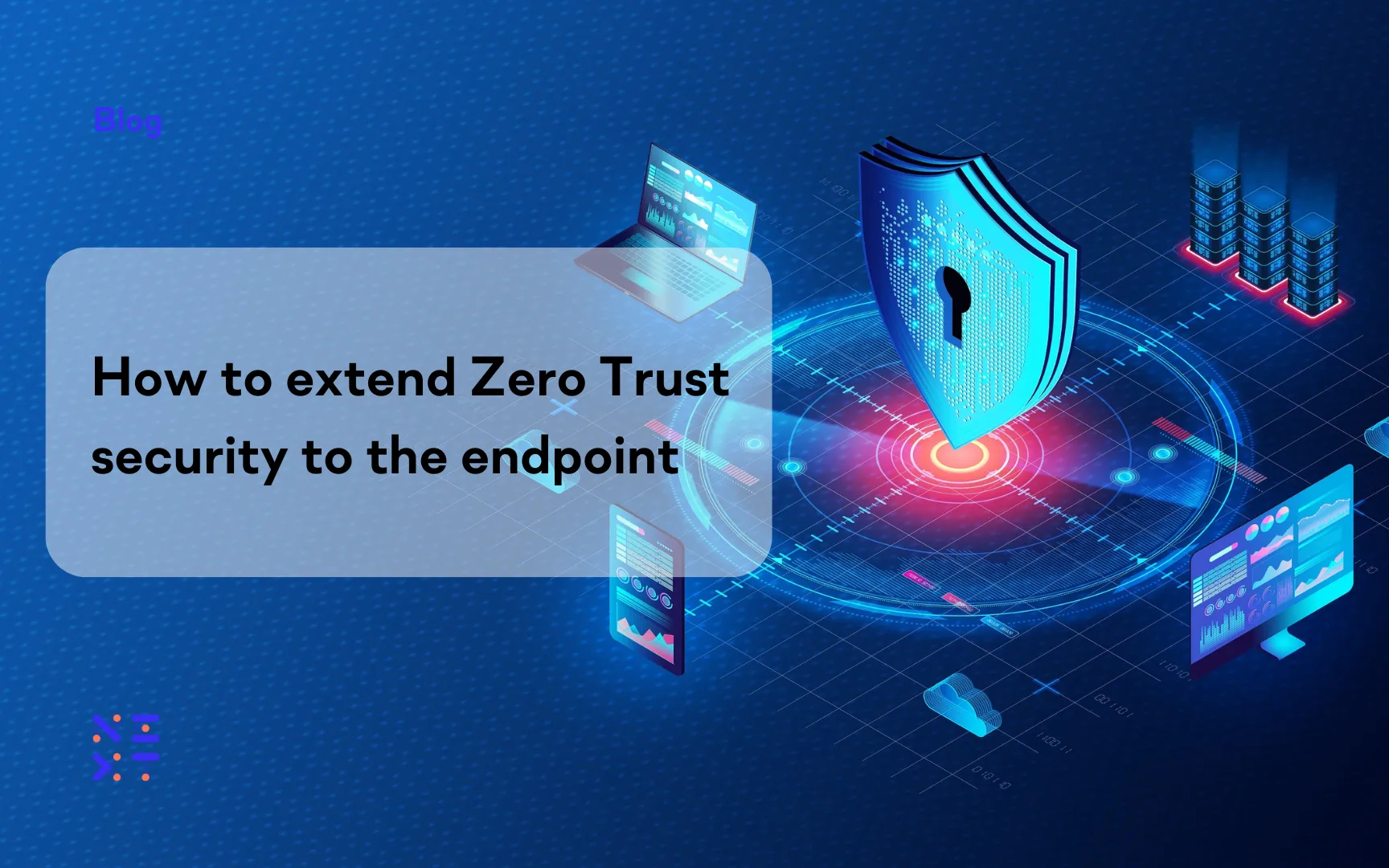
Blog
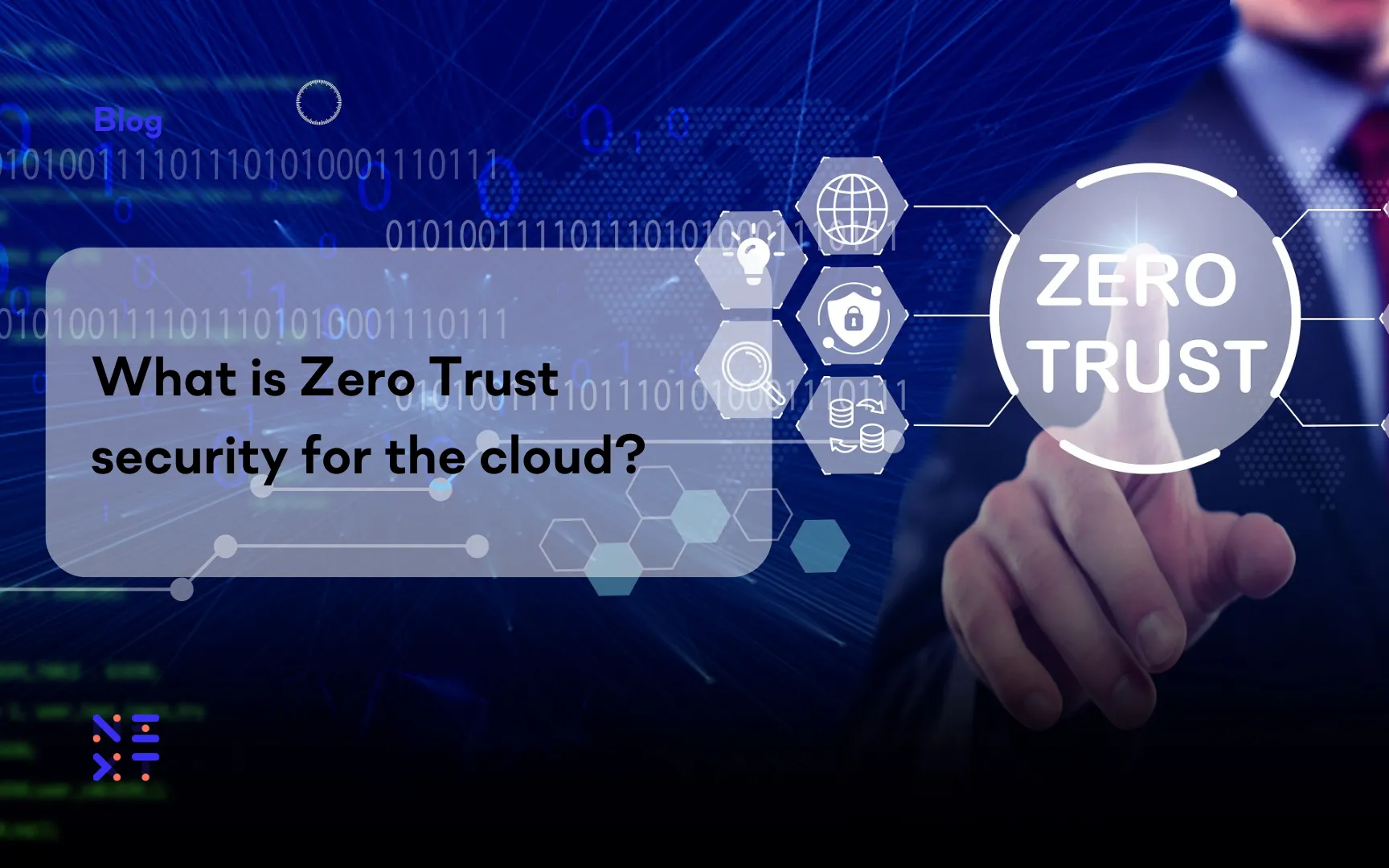
Blog
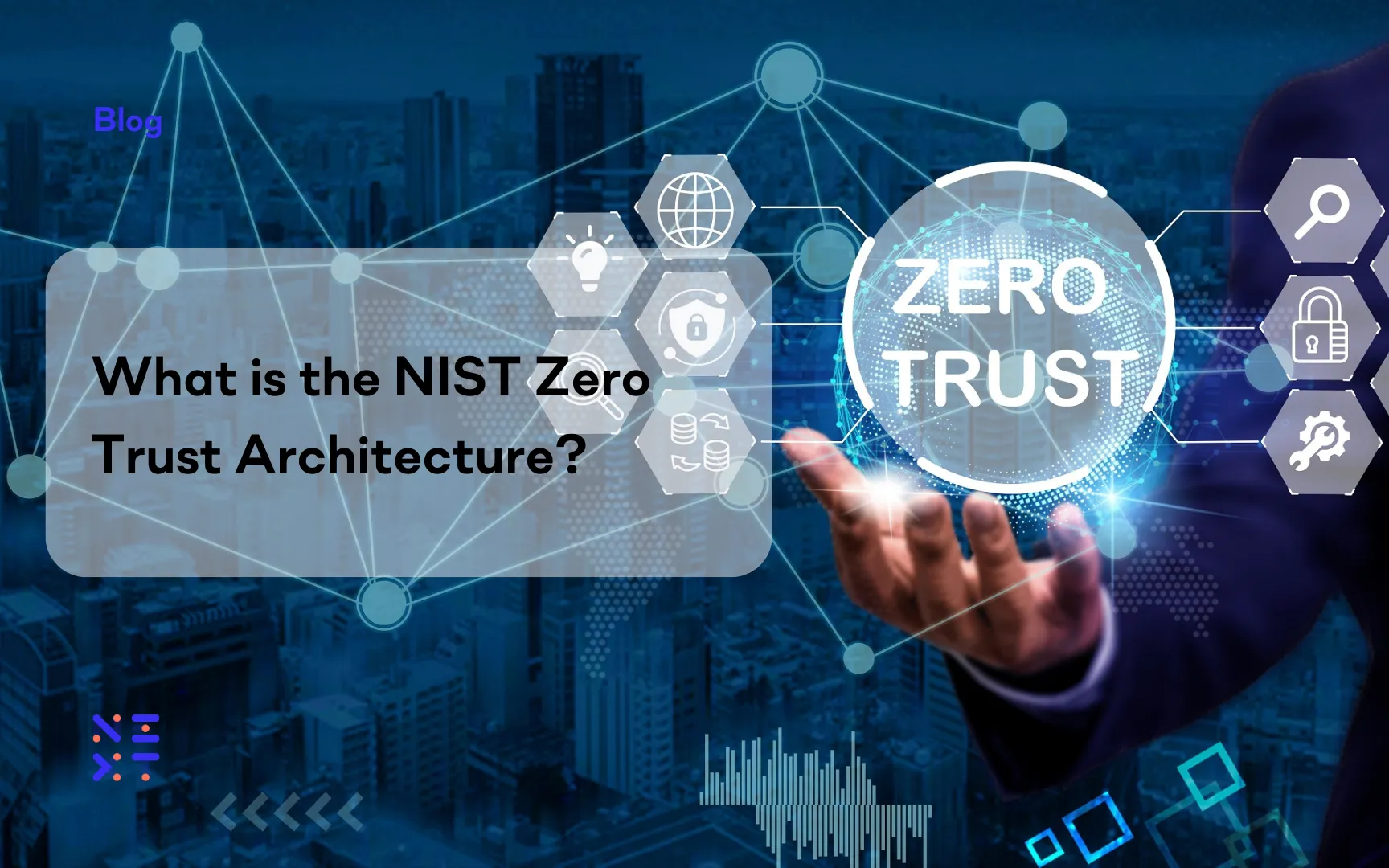
Blog
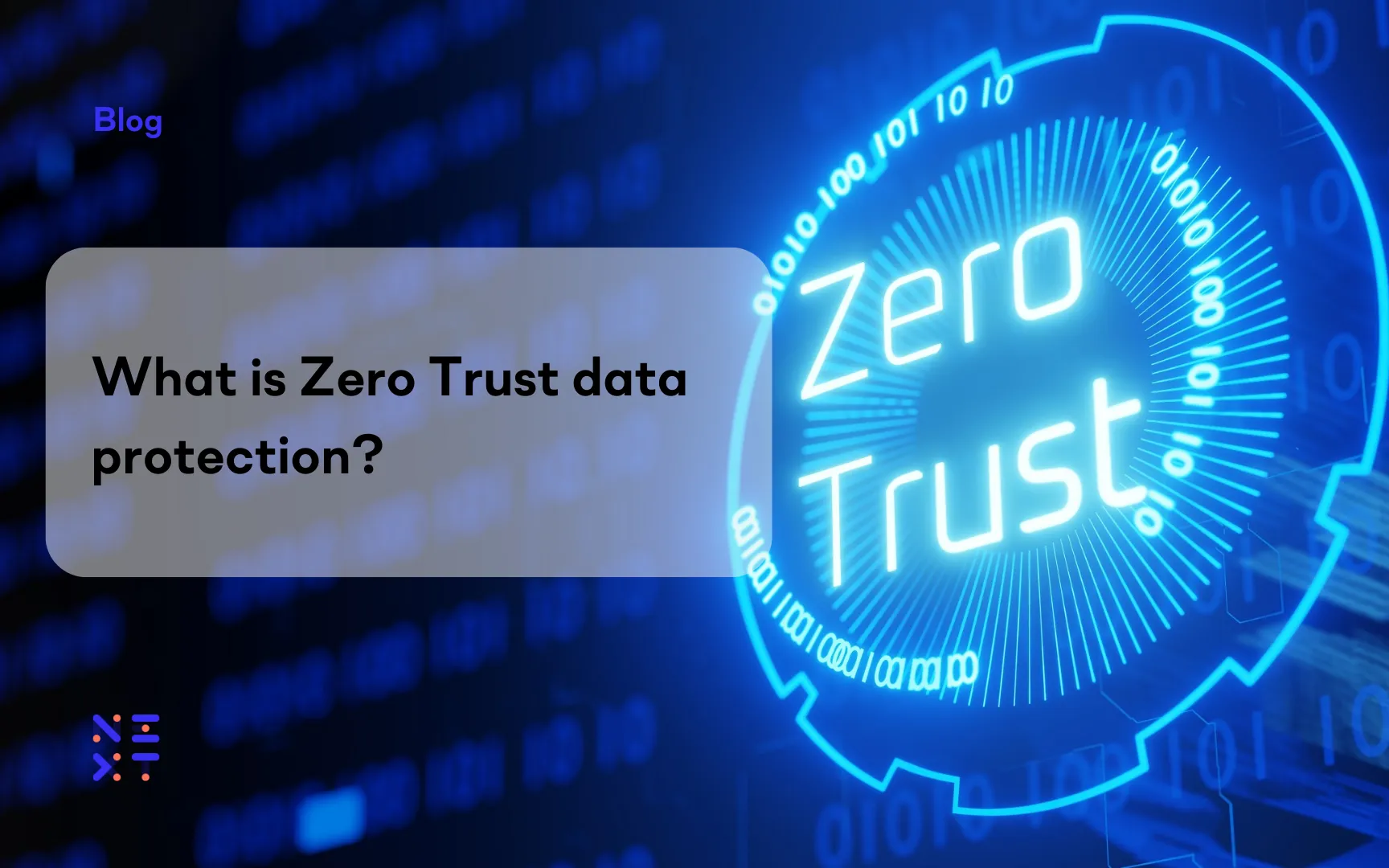
Blog

Resources

Resources
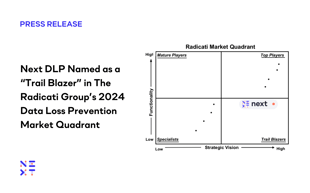
Resources
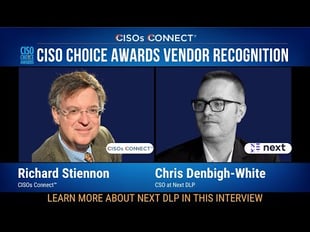
Resources
